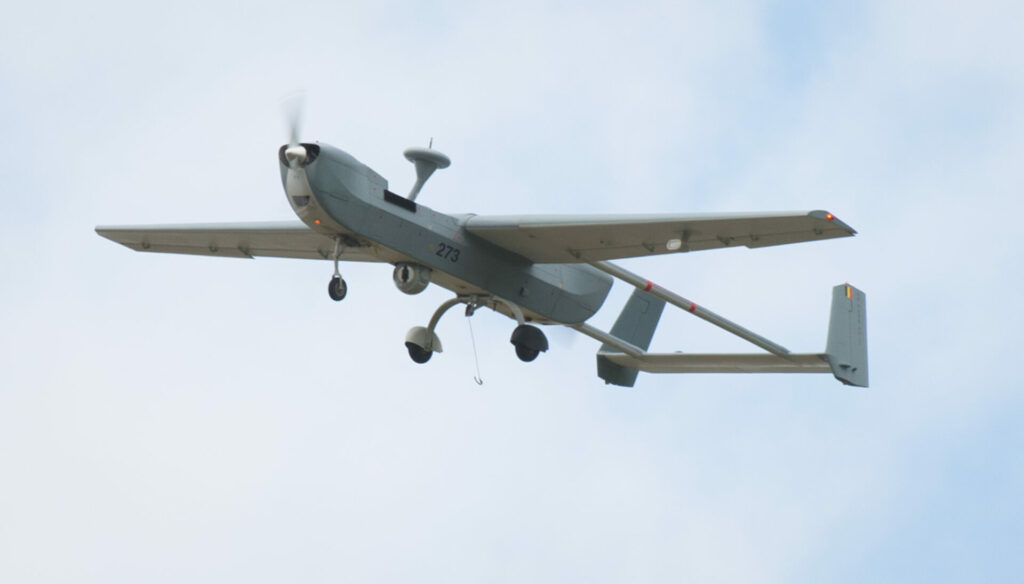Between 2013 and 2022, the Flemish government rejected 169 applications for authorisations to export dual-use equipment and technology, i.e. those that can be used for both civilian and military purposes.
About half of those denials were aimed at Russia and China, according to figures released on Monday by the Flemish Peace Institute, which is calling for greater vigilance by control services in this area.
Originally, the rules on dual-use material were intended to prevent the transfer of materials and technology to illegal programmes for the development of weapons of mass destruction.
For decades, fissile materials, chemicals, viruses and various production devices were controlled in this way. However, in recent times, the institute points out, the line between civilian and military technologies has become much blurrier.
The controls carried out today increasingly include other types of electronic devices, such as drones, radar, space technologies and lasers, as well as new technologies, such as cyber surveillance, semiconductors, 3D printers or artificial intelligence, but these controls are only relatively effective.
“Analysis of Russian and Iranian military devices found in Ukraine show that almost all of them, whether drones, rockets or missiles, contained a large number of critical components produced in the United States or in European countries, mostly by civilian companies,” notes the Flemish institute.
“Most of these components also appeared to be very recent, having been produced in 2020 and 2021. The European control services, and therefore also the Flemish one, must be particularly vigilant today,” the institute urged.

